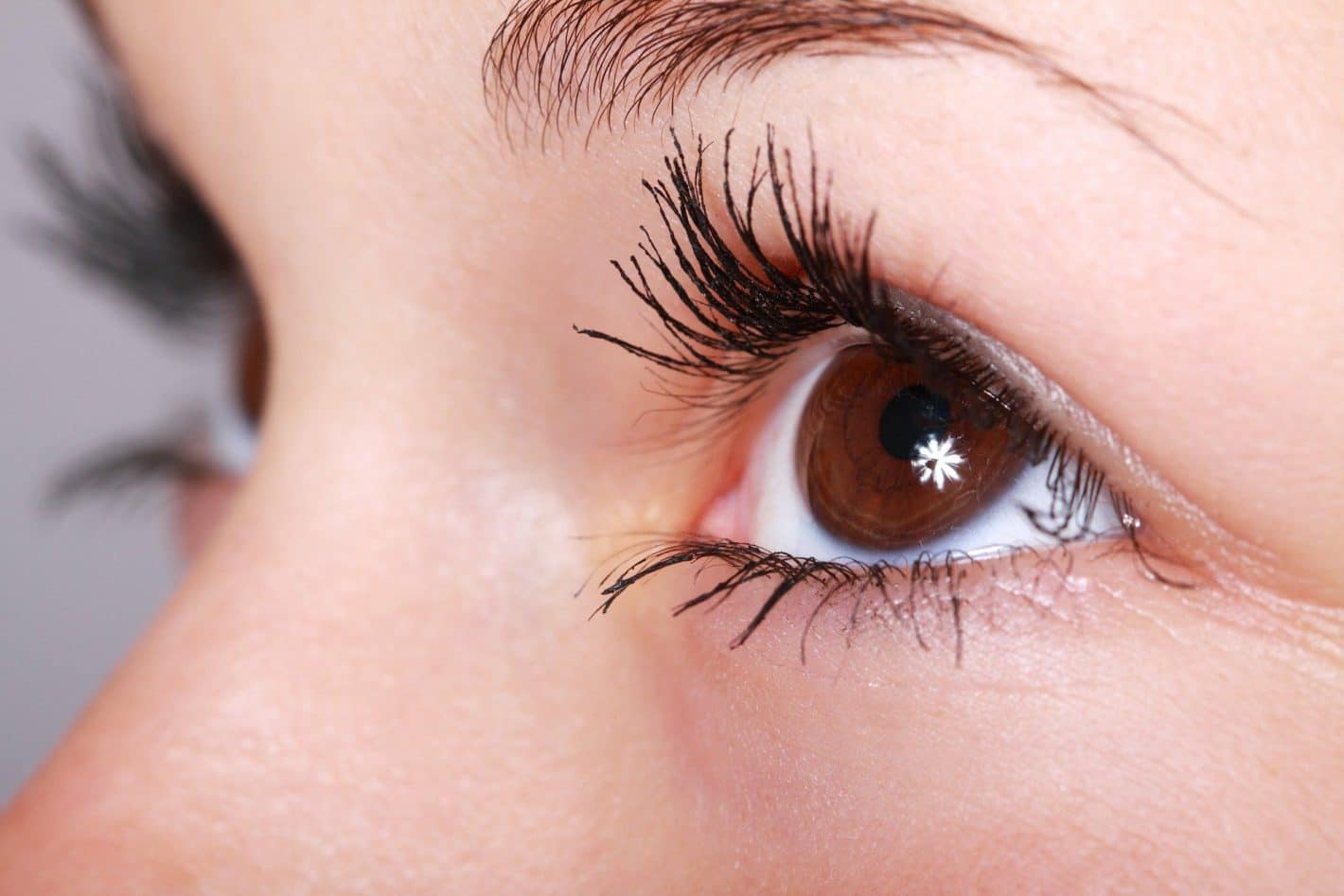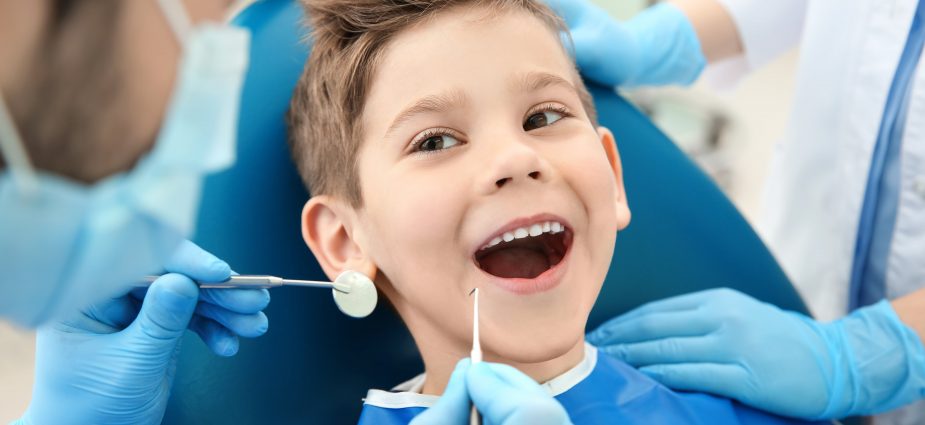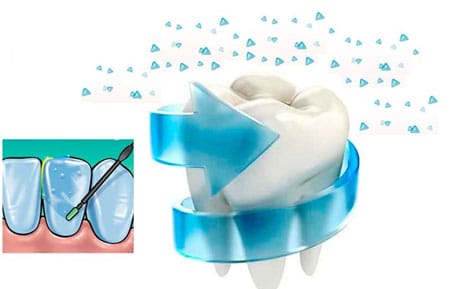Fluoride is a naturally found mineral that plays an important role in keeping the teeth enamel safe and preventing cavities. Children with fluoride deficiency are highly susceptible to cavities.
Fluoride is a common name often associated with oral care. But what exactly is fluoride? This is one of the most common questions which pops up in one’s mind when we talk about oral health care. Another aspect that comes into the picture in how is fluoride beneficial to kids? Many parents are worried about maintaining good oral health care for their children and fluoride plays a major role in this.
Dr Pratibha Kukreja Pandit (MDS, Pediatric and Preventive Dentist) of Pandit Clinic – Pune’s well-known multispecialty practice has specially written this blog to answer various questions that might come into the mind when talking about the benefits of fluoride in one’s oral health and especially young kids.
Why Is Fluoride Necessary And How Is It Beneficial?
Children’s teeth go through a lot daily. They eat a variety of stuff ranging from sugary sweets to acidic foodstuffs. These have an adverse effect upon the tooth enamel as the bacteria and plaque build-up often attack the minerals on the tooth causing demineralization. Constant and continuous demineralization often leads to tooth decay.
Fluoride is an important element which causes ‘remineralization’, that is, restoring the minerals in the tooth and making them healthy. Not only is it necessary for remineralization, but it also greatly helps in reversing primary tooth decay which has the potential of damaging the tooth further. Hence, fluoride is quite essential when it comes to the prevention of tooth decay which is a prerequisite for having healthy and clean oral health.
Fluoride benefits children immensely. The earlier children are exposed to fluoride, the less likely they are to develop cavities. A large study found that children and adolescents who received fluoride treatments for one year were 43% less likely to have tooth decay and cavities.
What Are The Sources Of Flouride?
You can get fluoride in two ways:
- systemically in water and dietary supplements
- topically from toothpaste and treatments at the dentist
According to the ADA (American Dental Association), it’s best to get fluoride both topically and systemically. So, you still need to use fluoride toothpaste, even if your local water is boosted by added fluoride.
Fluoride is mostly available through the food that we eat as well as water. Some of the common foodstuffs which we consume that have fluoride include:
- Tea
- Coffee
- Grapes
- Raisins
- Shrimp
- Infant formulas
Apart from the availability of fluoride in food and water, nowadays, there are various kinds of toothpaste and mouthwashes which have a certain amount of fluoride. The quantity of the same varies from product to product where it is stronger in certain products whereas in low concentration in some. These are generally available in medical stores.
In certain cases, the dentist for kids may also directly apply fluoride in the form of foam, gel, or even paste whenever needed during the appointment. The fluoride used at a dentist’s office is strongly concentrated and used according to the condition of the tooth.
The American Dental Association (ADA) recommends a professional fluoride treatment at your dentist’s office every 3, 6, or 12 months, depending on your oral health. If your child is at high risk for cavities, your dentist may also prescribe a special fluoride rinse or gel to use regularly at home.
At What Age Should Parents Start Inculcating Fluoride In Their Child’s Oral Care?
Fluoride is highly beneficial to prevent tooth decay and hence it must be inculcated right from when the first teeth sprout up to the age of sixteen. This is the time when milk teeth fall off and permanent teeth start sprouting up. Hence, fluoride-rich oral care helps to have strong teeth which are highly beneficial in the long run.
Parents play a big role in teaching the right oral care habits if the child is a toddler. If the child is under three years of age, brushing the teeth twice a day, daily with the help of a soft-bristled toothbrush and a thin layer of fluoride paste is necessary.
Fluoride toothpaste the size of a pea is recommended for children ages 3 to 6 years old. You should watch children and ensure they spit the toothpaste out while brushing.
Optimal fluoride intake comes from food, water, and supplements. The following is the recommended daily amounts of fluoride for maintaining good oral health:
- Birth to 3 years of age: 0.1 to 1.5 milligrams (mg)
- 4 to 6 years of age: 1 to 2.5 mg
- 7 to 10 years of age: 1.5 to 2.5 mg
- Adolescents and adults: 1.5 to 4 mg
Recent studies have shown that adults too benefit greatly from fluoride. Using topical toothpaste, mouthwashes, etc. help in the prevention of cavities on a large scale
Who Can Undergo Fluoride Treatments?
It is obvious that fluoride is definitely beneficial for everyone irrespective of age. However, certain children benefit more from professional fluoride treatment and require it more frequently.
- Children with a history of cavities greatly benefit from fluoride treatments. The pediatric dentist, in this case, might also prescribe at-home treatments which include fluoride-rich toothpaste, gels, or mouthwashes as well in order to avoid cavities in the future.
- Often, children undergoing orthodontic treatments are advised to undergo fluoride treatments as the teeth are prone to decay underneath the braces.
- Gum diseases like periodontitis often expose the tooth to more decay and infection. Fluoride treatments, in this case, can also help in controlling the amount of decay thus stopping the spread of decay further.
People facing these issues specifically benefit more from fluoride treatment and this helps them in maintaining good oral health.
Are There Side Effects To Over Use Of Fluoride?
Dental fluorosis is a condition that is a side effect of too much fluoride exposure to the teeth of the child even when they have not yet come out. As and when these teeth start sprouting up, one can observe white specks on the teeth. Sometimes, these are not even noticeable and can be only identified by a dentist during a regular visit. This condition does not affect the working and the condition of the teeth whatsoever. Also, it is not possible to get dental fluorosis once the teeth have grown properly.
Some other issues arising out of too much fluoride are as follows:
- staining and pitting on teeth
- problems with bone homeostasis
- very dense bones that aren’t very strong
Acute toxicity, such as an overdose on fluoride supplement pills which is extremely rare, can cause:
- nausea
- diarrhea
- tiredness
- excessive sweating
Do You Need To Use Fluoride Toothpaste?
Brushing the teeth twice a day is the best way to remove plaque from teeth and gums. Flossing or using an interdental tooth cleaner is necessary to reach tooth surfaces that a toothbrush can’t cover. Imbibing these habits in children at an early age is very important as it helps them understand the importance of the same.
Inculcating fluoride-based products in the daily oral care routine is an excellent way to make sure that the teeth are protected from decay.
The movement and friction of brushing teeth are crucial. You could brush your teeth with just water but using a toothpaste that contains fluoride and other cleaning agents will greatly enhance the benefits of toothbrushing.
Fluoride occurs naturally in most water sources but adding trace amounts of fluoride to tap water is especially beneficial for people without regular access to a dentist.
Conclusion
Fluoride is a natural mineral that prevents cavities. It restores minerals to tooth enamel and prevents harmful bacteria from building up in the mouth. Overdosing on fluoride can cause negative complications.
Taking the utmost care of teeth right from a young age is absolutely necessary to have good oral health.
We hope that this blog helped you to understand the uses and benefits of fluoride deeply, specifically in the case of children.
BOOK APPOINTMENT
If you have any questions or need more information about a procedure, please schedule an appointment with Dr Pratibha Kukreja Pandit at Pandit Clinic, Pune.








